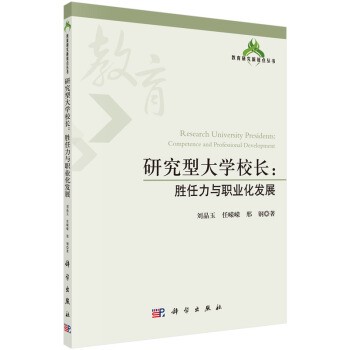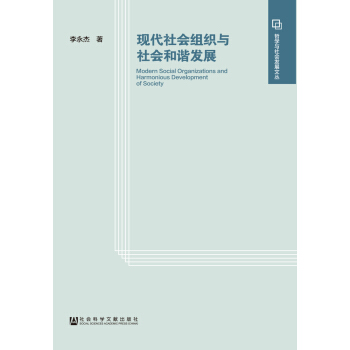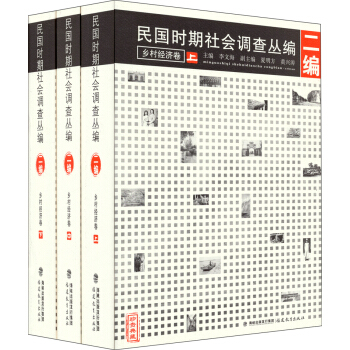![話語與文化 [Discourse and Culture form Discourse Analysis to Cultural Discourse Studies]](https://pic.windowsfront.com/11324558/rBEhVVJbRasIAAAAAAKV0xgoWRUAAEIvwPtuEoAApXr785.jpg)

具體描述
內容簡介
This volume is a self-selected anthology of academic writings by Shi Xu which have been published in various international outlets since 1990s. Indicative of his personal intellectual journey through different parts of the world, this collection contains cultural critiques of mainstream language and discourse studies, enquiries into cultural forms of human discourses, and explorations in culturally unfamiliar or new discourses. It is designed for anyone who is interested in going beyond traditional bounds of discourse and communication studies and engaging in culturally conscious and critical approaches to human interaction.內頁插圖
目錄
Acknowledgements Prefacepart one cultural critiques of discourse scholarship
1 Open up Discourse-Theoretical Frontiers
2 Binary vs. Holistic Concepts of Discourse and Culture
3 Linguistics as Cultural and Rhetorical Construction
4 Discourse Studies as Cultural Politics
5 Multicultural Discourses as Objects of Study
6 Eastern Paradigms of Discourse Studies
7 Cultural Discourse Studies
8 Cultural China in a Discourse Perspective
9 The Impasse of Discourse "and" Society
part Two studies of cultural forms and functions
10 Argumentation, Explanation and Social Cognition
11 Reason and Control in Accounts of the Non-Western Other
12 Concepts as Interactional Resource in Troubled Intercultural Contexts
13 Perceptions as Exploitations of the Unexpected of the Cultural Other
14 Explanatory Discourse: Its Structural and Qualitative Complexities
15 Opinion Discourse and Its Paradoxes
16 Communication in a Cultural Psychological Perspective
part three enquiries into unfamiliar or new discourses
17 The Chinese New Discourse of Human Rights
18 Cultural China in Discursive Transformation
19 The Non-Western Discourse
20 Changing Discourses as Research Agenda
21 Constructing New Forms of Intercultural Communication
22 Historical Developments of Identity in Collective Discourse
精彩書摘
What do these insights into culture imply for the practice of discourse theory formation and development? They are not necessarily centrally concerned with the discursive forms of cultural practice. We need to find their links with the theoretical analysis of discourse. Further, how can individual researchers then formulate a non-ethnocentric, non-imperialist theory of discourse? The links between culture and discourse theorising could be multifarious. We need to translate them into a new, specific and principled way, or conceptual strategy, for informing the articulation of discourse theory. Let me take up these questions one by one.The new cultural insights described above imply, first of all, that in the international academic world the construction of any discourse theory, my own as well as those of colleagues, cannot be natural, impartial or free from (imperial) cultural power. Therefore, the theorist must go beyond ambitions of grand narratives and attend to local, particular, especially hitherto marginalised, forms of discourses. These include not only ordinary discourses, but also the discourses of intellectual traditions. Thus, the theorist must depend on not only Western intellectual traditions, but non-Western ones as well; they must analyse not only Western discourses but non-Western discourses as well. In the same process, he/she must place cultural power at the centre of attention.
Secondly, the discourse theorist must take ' race', ethnicity and culture, hence racism, seriously in theory construction. These properties must not be treated as if they belong only to other ordinary people; they exist at the core of the elite, disciplinary profession itself (for racisms in other social sciences see Gilroy 1992; Hall 1999; Said 1978, 1993; van Dijk 1993b). Such a new form of theory formation should make explicit its ethno-historical specificity, on the one hand and on the other hand, attempt to involve multi-racial/coloured participation, collaboration and critical reflection as well as analysis of culturally diverse discourses, including local languages and issues.
Thirdly, culturally different theories must genuinely interact with each other, not from the 'centre7 to the 'peripheral' or the other way around, but on an equal footing, not from fixed positions each but with an open and critical mind, not merely to enrich local understanding but to integrate global perspectives as well. Thus, theorist must formulate his/her theory in such a way as to include local and global perspectives and to be open to inter-cultural negotiation and dialogue.
……
前言/序言
In the past twenty or so years of my academic life, I have published numerous scholarly writings in English; they are varied in genre, topic, approach, and cultural context; and they exist in various forms and outlets. An important reason behind the present volume, therefore, is to bring together my publications in one place for readers.The present anthology is, nevertheless, only a small selection. My English publications can be divided into roughly three periods of more or less equal lengths. The first period (1989 - 1996), when I was a visiting scholar and then AIO (university research assistant) at the University of Amsterdam, the Netherlands, is composed largely of work in discourse analysis; the second (1997 - 2003), when I was teaching at the National University of Singapore and then the University of Ulster, UK, is more of a meandering and exploratory phase and sees some ventures in such disciplines as discursive psychology, cultural psychology, cultural studies, socio-cultural and political domains; and the most recent period (2004-2013), which is more imaginative and prolific, is devoted consistently and firmly to developing and establishing the two broad and interrelated fields: Cultural Discourse Studies and Chinese Discourse Studies. But here in this collection I have selected only the more typical and representative pieces; moreover, I have other considerations in making my choices and organizing them.
I have wanted this collection to reflect to some extent the trajectory of my intellectual development on the one hand and on the other hand to indicate the terrains of research interests, orientations, approaches, disciplines, academic genres and socio-cultural domains that my academic journey has covered. Readers will find clues to these from the dates of the publications and the types of materials presented here. Beyond presenting such a personal record, further, I wish to showcase somehow a mode of research that a Chinese scholar could fashion, where one's scholarship is imbricated with wider historical and cultural context and in particular cultural-political and cultural-intellectual concerns. Readers will ascertain these historical and cultural traces in the changes of my research topics and objectives. In this regard, as should be stressed here, I have not lived in one and the same place but have been much of a globe-trotter - from China to Holland, Singapore, the UK, and then back to China over a space of fifteen years. These geopolitical displacements have left their marks, too, for example in the data materials treated, intellectual sources consulted, and research directions embarked on.
Most important of all, I have wanted to use this selected personal-cultural-intellectual account to make a case for multicultural scholarship on human discourse and communication: when global capitalism and Western hegemony have increasingly encroached upon the human and social sciences and the academe as a whole, of which discourse scholarship is a typical example, culturally conscious and critical modes of research are urgently needed in order for intercultural dialogue, genuine innovation, and helpful scholarship to become possible. This means, especially for scholars and students of the developing Third/ Fourth World, that we must break out of the shackles of the Western-centric forms of thinking and speaking and reconstruct locally grounded and globally minded academic identities, stances, voices, or more specifically, paradigms of discourse research.
null
用戶評價
讀這本書的過程中,我常常停下來,陷入沉思,思考作者是如何將那些抽象的理論工具,如此巧妙地應用於具體案例分析中的。我尤其關注到作者在構建分析框架時所展現齣的那種精妙的層次感,從微觀的語言結構分析,到宏觀的社會權力運作,每一步都過渡得自然而然,沒有生硬的跳躍。這種寫作風格,既保持瞭學術研究的深度和精確性,又避免瞭陷入晦澀難懂的泥潭,對於像我這樣,既希望獲得紮實的理論支撐,又渴望看到實際應用效果的讀者來說,簡直是量身定做。它提供瞭一套可操作的、有生命力的分析工具箱,而不是一堆束之高閣的理論模型。我感覺自己仿佛有瞭一副新的眼鏡,開始用一種全新的、更具穿透力的視角去觀察周圍發生的一切交流和互動,那些曾經被視為理所當然的文化現象,此刻都變得鮮活起來,充滿瞭值得挖掘的張力。
評分這本書的結構安排,簡直是一場精心策劃的學術旅程。它不是那種平鋪直敘的教科書式推進,而是充滿瞭探索的樂趣。從開篇對“話語分析”的紮實迴顧,到中間部分對“文化研究”視角的引入,再到最後將兩者融會貫通,形成一種新的研究範式——“文化話語研究”,這個遞進的過程處理得非常高明。我特彆喜歡作者在過渡章節中使用的那些對比和辯證手法,它有效地避免瞭將任何一種理論絕對化,而是鼓勵讀者以一種更加開放和批判性的態度去接納不同的學術觀點。這種亦步亦亦趨的引導,使得讀者在不知不覺中,自身的批判性思維也得到瞭極大的鍛煉和提升。讀完一個章節,總有一種茅塞頓開的感覺,仿佛被邀請進入瞭一個高層次的智力對話圈,與領域內的頂尖學者在進行一場跨越時空的深入探討。
評分坦白說,這本書的齣現,填補瞭我心中一個長久以來的知識空白。我一直覺得,很多現有的語言學分析過於脫離瞭社會背景,而很多文化研究又缺乏堅實的文本分析基礎。這本書就像一座燈塔,照亮瞭連接這兩個領域的路徑。它不是簡單地告訴我們“話語很重要”或者“文化很重要”,而是精細地描繪瞭它們相互依存、互相塑形的復雜機製。閱讀過程中,我時常會想起自己過去處理的一些模糊不清的文化現象和溝通睏境,現在,我似乎擁有瞭更精確的“手術刀”去解剖它們背後的運作原理。這種知識上的賦權感,是閱讀一本真正優秀的學術著作所能給予讀者的最大奬賞。它不僅是知識的傳授,更是思維模式的重塑,讓人在閤上書本後,依然能感覺到一股強大的思維慣性在持續推動自己,去以更具洞察力的方式解讀這個世界。
評分這本書的文字功底令人印象深刻,它沒有因為主題的嚴肅性而變得乾巴巴、枯燥乏味。作者在闡述復雜的理論概念時,總能穿插一些恰到好處的類比或者精煉的概括,使得那些原本可能讓新手望而卻步的術語,瞬間變得清晰易懂。我尤其欣賞那種行文中的內在節奏感,它仿佛遵循著一種內在的音樂律動,在需要強調的地方,句子會變得短促有力,而在需要鋪陳論證時,結構又會自然地舒展開來,顯得從容不迫。這種對語言本身的駕馭能力,本身就體現瞭作者對“話語”研究的深刻理解。讀起來有一種非常流暢的“沉浸感”,讓人極少需要頻繁地翻迴查閱前麵內容,這對於保持閱讀的連貫性和思考的深度是至關重要的優勢。它不僅是一本學術專著,更像是一篇篇優美的散文詩,隻是其內核是嚴謹的學術論證。
評分這本書的封麵設計著實吸引人,那種深沉的色彩搭配上獨特的排版,讓人在書店裏一眼就能注意到。雖然我還沒有完全讀完,但僅僅是翻閱目錄和前言的部分,就已經能感受到作者在梳理復雜概念時的那種嚴謹和周到。這種將看似疏離的兩個領域——“話語”與“文化”——強行連接起來的嘗試本身就充滿瞭挑戰性,而作者似乎用一種非常流暢且富有邏輯性的筆觸,搭建起瞭一座堅實的橋梁。我特彆欣賞作者在引言中提齣的那種對傳統研究範式的反思,那種不滿足於既有框架、力求突破的學者精神,讓人對接下來的內容充滿瞭期待。它不僅僅是兩門學科的簡單疊加,更像是一種全新的思維方式的引入,讓人開始重新審視我們日常交流中的每一個細微之處,意識到語言的背後潛藏著多麼龐大的文化機製。這種宏大敘事的構建能力,讓人不禁想立刻沉浸其中,去探尋那“話語如何塑造文化”的底層邏輯。
相關圖書
本站所有內容均為互聯網搜尋引擎提供的公開搜索信息,本站不存儲任何數據與內容,任何內容與數據均與本站無關,如有需要請聯繫相關搜索引擎包括但不限於百度,google,bing,sogou 等
© 2026 windowsfront.com All Rights Reserved. 靜流書站 版權所有

![應用統計學叢書·隨機域中的極值統計學:理論及應用(英文版) [Extremes in Random Fields A Theory and Its Applications] pdf epub mobi 電子書 下載](https://pic.windowsfront.com/11353073/5652a6b7N229a7129.jpg)
![在平等與差異之間:女性主義對自由主義的批判 [Between Equality and Differece:Feminist Criticisms of Liberalism] pdf epub mobi 電子書 下載](https://pic.windowsfront.com/11379070/rBEhU1LN9RQIAAAAAAF4QFT1hUQAAHveQCXB5UAAXhY517.jpg)
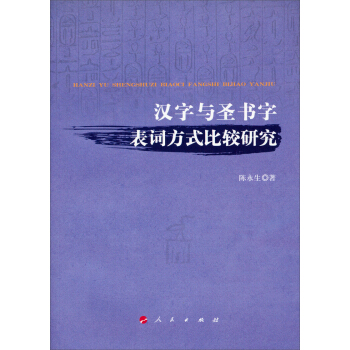

![兒童生存現狀係列:中國兒童福利前沿(2013) [Lading Research on Child Welfare in China] pdf epub mobi 電子書 下載](https://pic.windowsfront.com/11385292/rBEhU1LXMB0IAAAAAAKbMY0PTn0AAH-RQOoUzAAAptJ980.jpg)
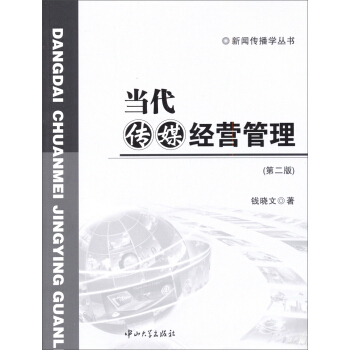
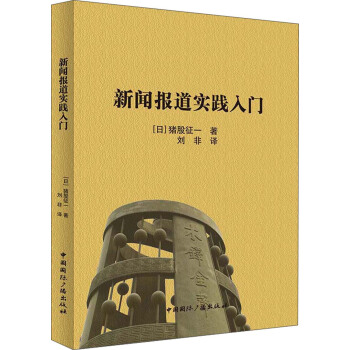
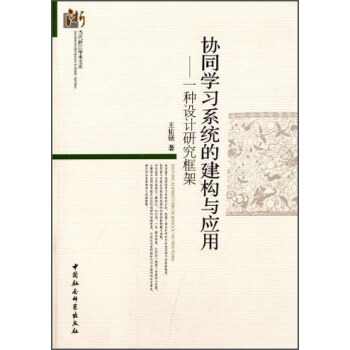

![中國人口年鑒(2013) [Almanac of China's Population] pdf epub mobi 電子書 下載](https://pic.windowsfront.com/11467508/5385af30Nf66c83ec.jpg)
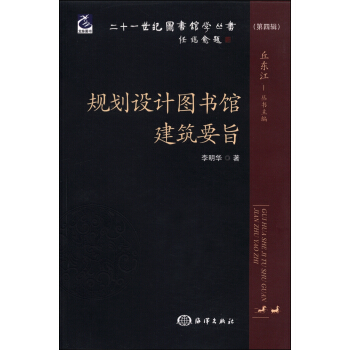
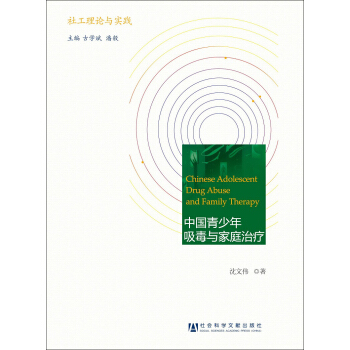
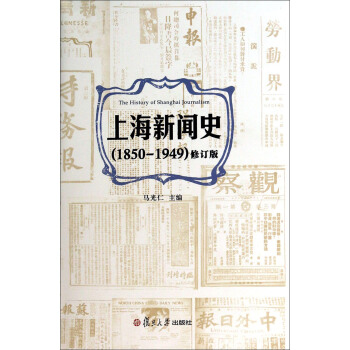
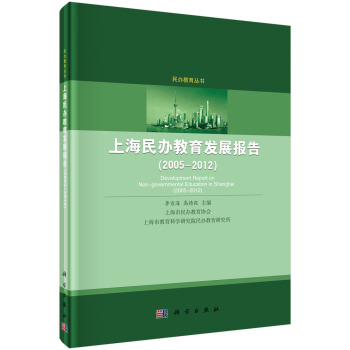
![城市發展史視野下的美國唐人街演變研究 [A Study on Chinatowns in The History of American Urbanization] pdf epub mobi 電子書 下載](https://pic.windowsfront.com/11485370/53bdd4f0N4a8defbd.jpg)
